Groundbreaking research now reveals a striking connection between hearing loss and dementia, reshaping how we understand aging and cognitive health.
For decades, hearing loss was viewed as an unfortunate—yet isolated—aspect of getting older.
But recent scientific discoveries suggest it may play a pivotal role in the onset of dementia.
These findings carry profound implications, not only for individuals and families but also for public health strategies worldwide.
As our population ages, understanding this link has never been more critical.
1. The Surprising New Link: What Scientists Found

In a landmark study published in The Lancet, researchers uncovered a compelling association between untreated hearing loss and an increased risk of developing dementia.
After analyzing data from thousands of older adults, scientists found that those with hearing impairment faced up to a two-fold higher risk of dementia compared to peers with normal hearing.
This groundbreaking evidence challenges previous assumptions, positioning hearing loss as one of the most significant—and potentially modifiable—risk factors for cognitive decline.
2. How Hearing Loss Affects the Brain
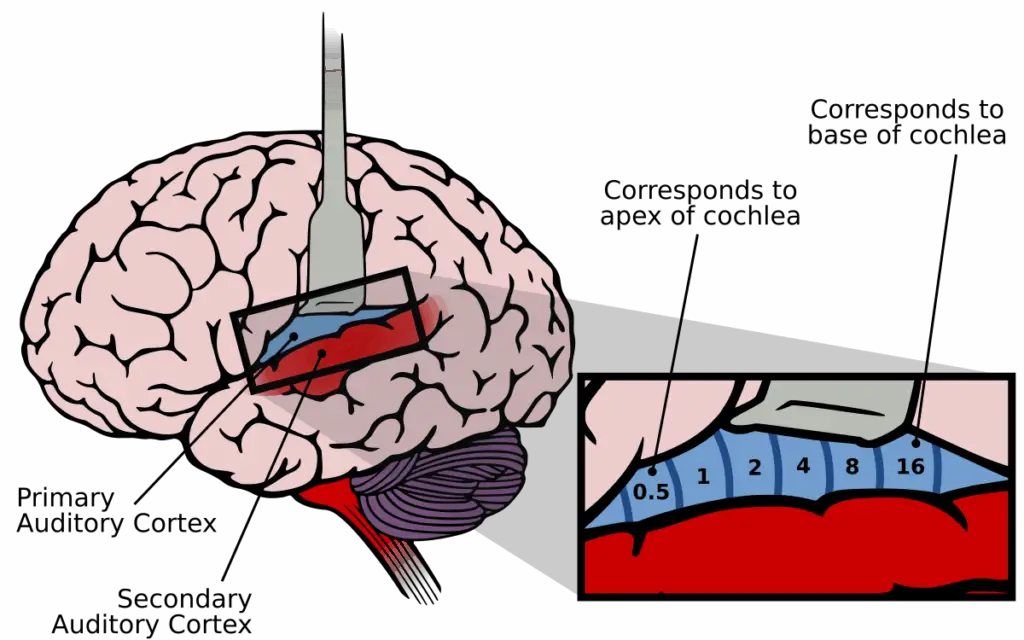
Research from Johns Hopkins reveals that untreated hearing loss accelerates brain shrinkage—especially in areas crucial for memory and processing sound.
When the brain struggles to interpret sounds, it diverts resources from other cognitive tasks, speeding up decline.
Over time, this extra strain can contribute to faster memory loss and impaired thinking, highlighting why prompt attention to hearing health is so essential for protecting long-term brain function.
3. The Role of Social Isolation

According to the Alzheimer’s Association, hearing loss often leads to social withdrawal as conversations become harder to follow.
This isolation reduces mental stimulation and meaningful interactions, both vital for keeping the brain healthy.
Social isolation itself is a well-established risk factor for dementia, making untreated hearing loss a double threat by compounding cognitive risks and undermining emotional well-being.
4. Strain on Cognitive Resources
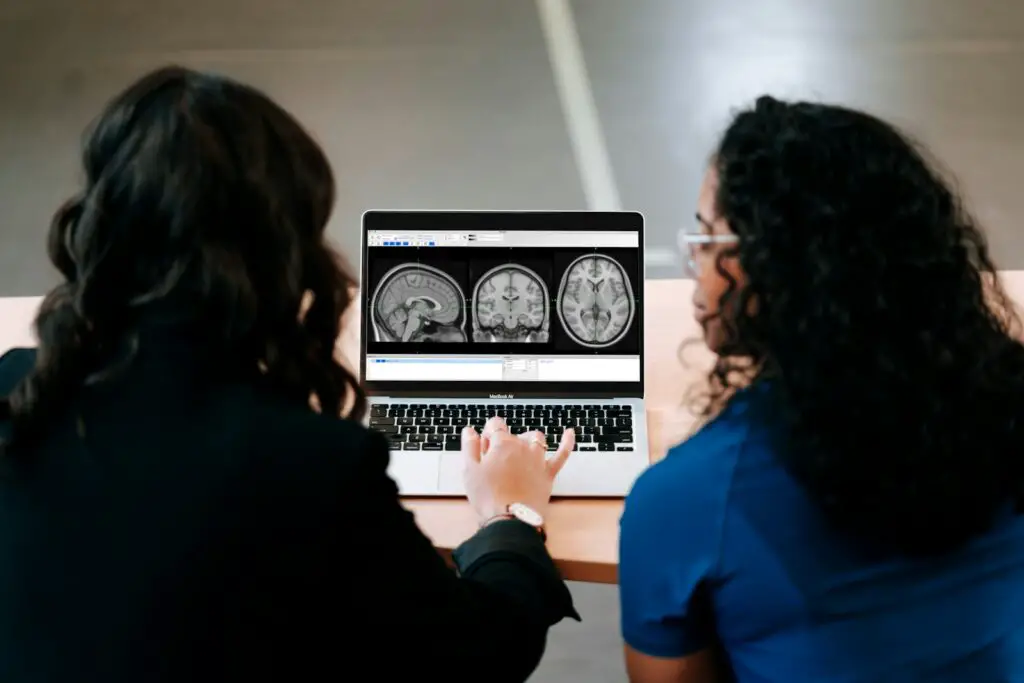
When hearing declines, the brain must work harder to interpret sounds, pulling resources away from memory and thinking skills.
This constant effort leaves fewer mental reserves for other important tasks, like problem-solving or recalling information.
Over time, this diversion can subtly erode cognitive abilities, making everyday activities more challenging and possibly hastening the onset of dementia-related symptoms.
5. The Domino Effect: Other Health Risks

Untreated hearing loss doesn’t just impact cognition—it sets off a domino effect of additional health risks.
According to the CDC, those with hearing impairment face higher rates of depression, accidental falls, and hospitalizations.
Each of these factors can further increase vulnerability to dementia, creating a cycle where physical, emotional, and cognitive health challenges are deeply intertwined and mutually reinforcing.
6. Age Groups Most at Risk

Recent data from AARP highlights that adults over 65 are most vulnerable to the hearing loss-dementia connection.
As hearing loss prevalence sharply increases with age, this group faces the greatest risk.
Early intervention in these age brackets is crucial for reducing cognitive decline and supporting healthier aging.
7. Genetics vs. Environment
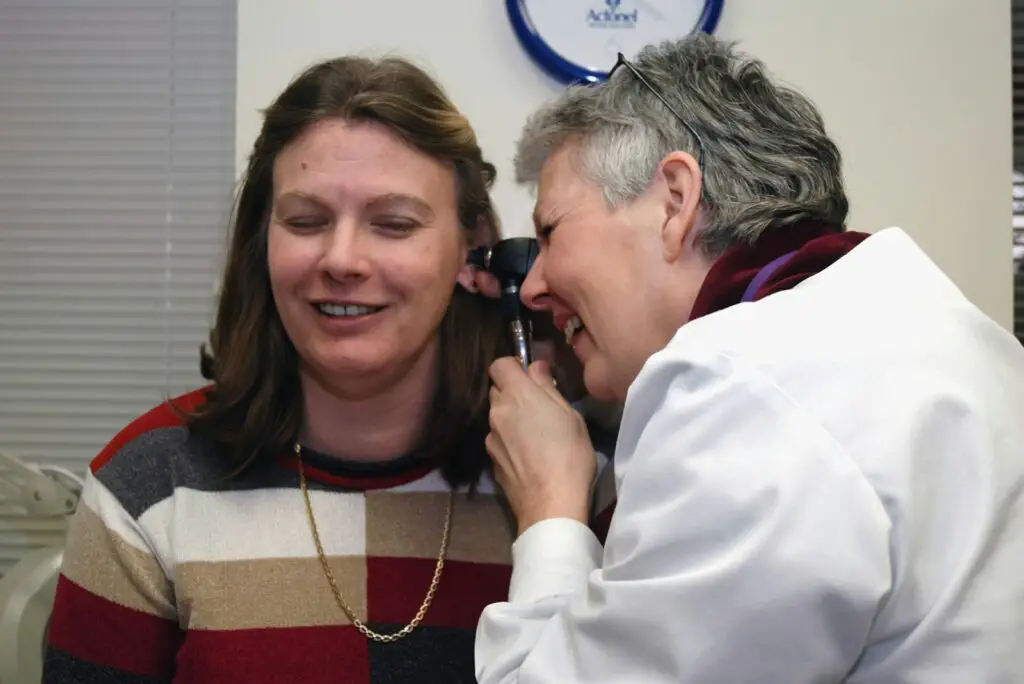
While genetics can predispose some individuals to both hearing loss and dementia, environmental factors play a significant role in shaping risk.
Exposure to loud noise, chronic illnesses, and lifestyle habits can all influence hearing health and brain aging.
Understanding the interplay between inherited risk and environmental triggers offers hope—by modifying certain factors, individuals may reduce their overall vulnerability to cognitive decline.
8. Early Signs to Watch For
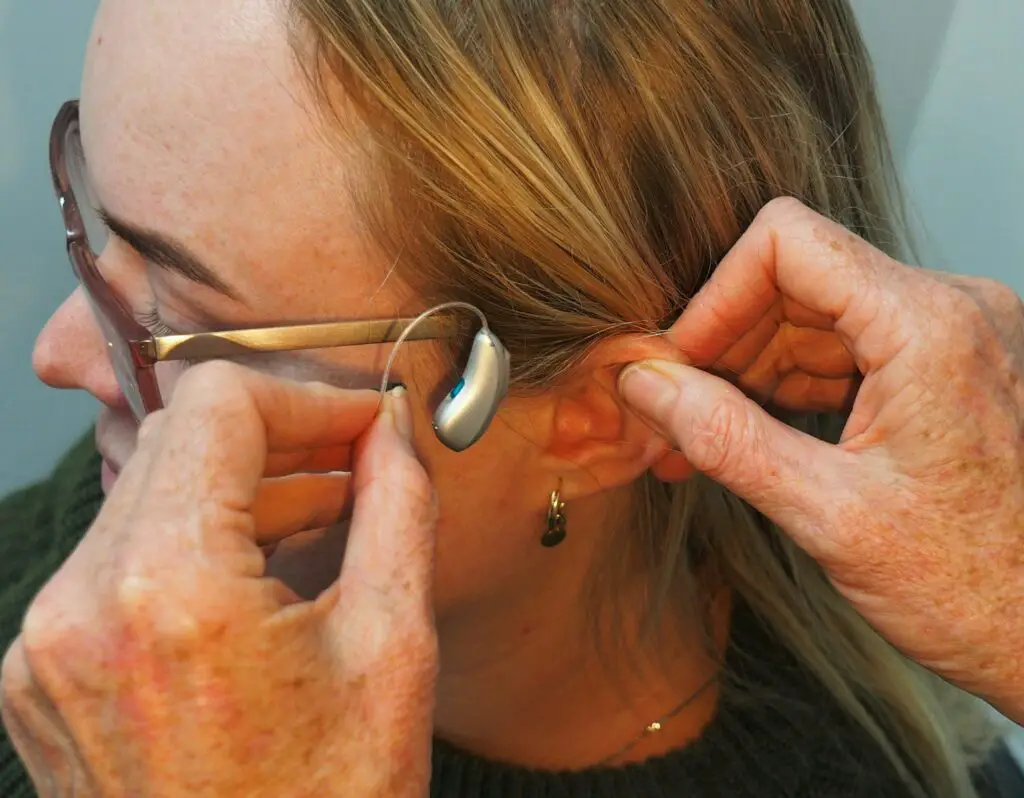
The Mayo Clinic advises watching for symptoms like asking others to repeat themselves, difficulty following conversations, misplacing items, or struggling with memory.
These early warning signs may point to both hearing loss and cognitive decline.
Recognizing these changes promptly can help individuals seek professional help and potentially slow the progression of more serious health issues.
9. The Power of Hearing Aids
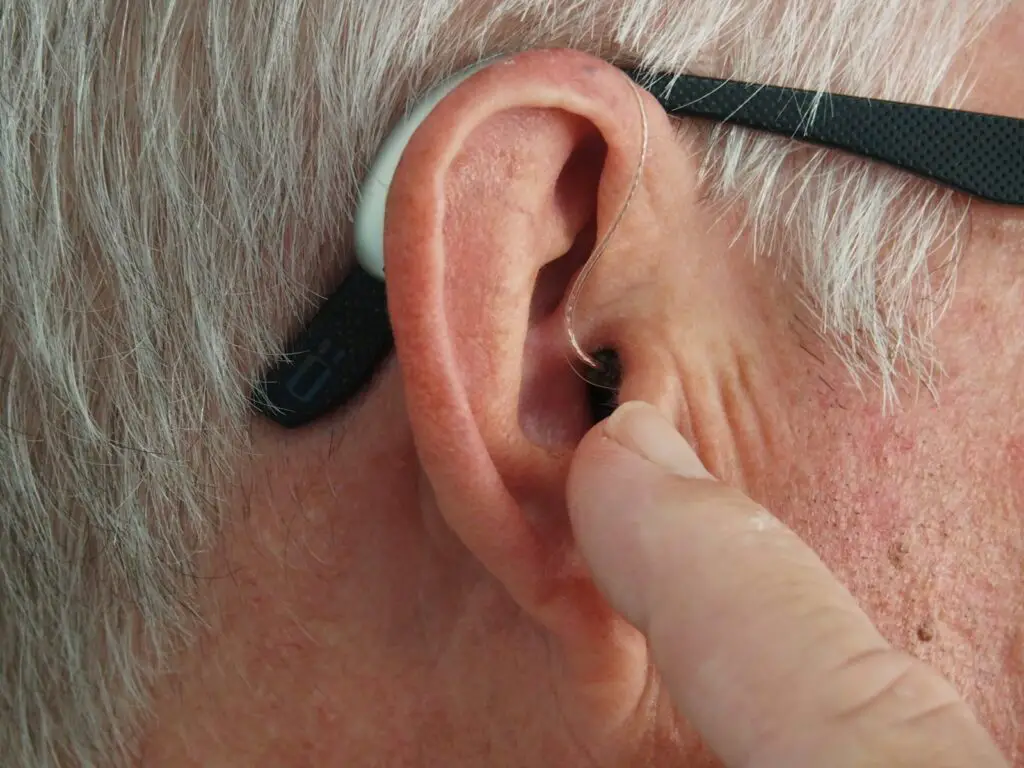
Emerging evidence from JAMA Neurology suggests that using hearing aids can significantly lower dementia risk in older adults with hearing loss.
By restoring auditory input, hearing aids not only improve communication but also help keep the brain more engaged.
These findings emphasize the value of early intervention and the potential of simple devices to protect cognitive health and quality of life.
10. Why Routine Hearing Checks Matter

Regular hearing assessments are a critical tool for early detection of hearing loss—often before symptoms become obvious.
Routine checks allow for timely intervention, which may help prevent or slow cognitive decline linked to untreated hearing issues.
Making hearing evaluations a standard part of annual health care, especially for older adults, empowers individuals to take proactive steps in preserving both hearing and brain health.
11. Lifestyle Modifications That Help

Simple lifestyle changes can positively impact both hearing and cognitive function.
Regular exercise, a balanced diet rich in omega-3 fatty acids and antioxidants, and avoiding prolonged exposure to loud noises all support long-term health.
Additionally, not smoking and managing chronic conditions like diabetes and hypertension further reduce risks.
Together, these habits create a foundation for preserving hearing and protecting the brain against decline.
12. Barriers to Treatment
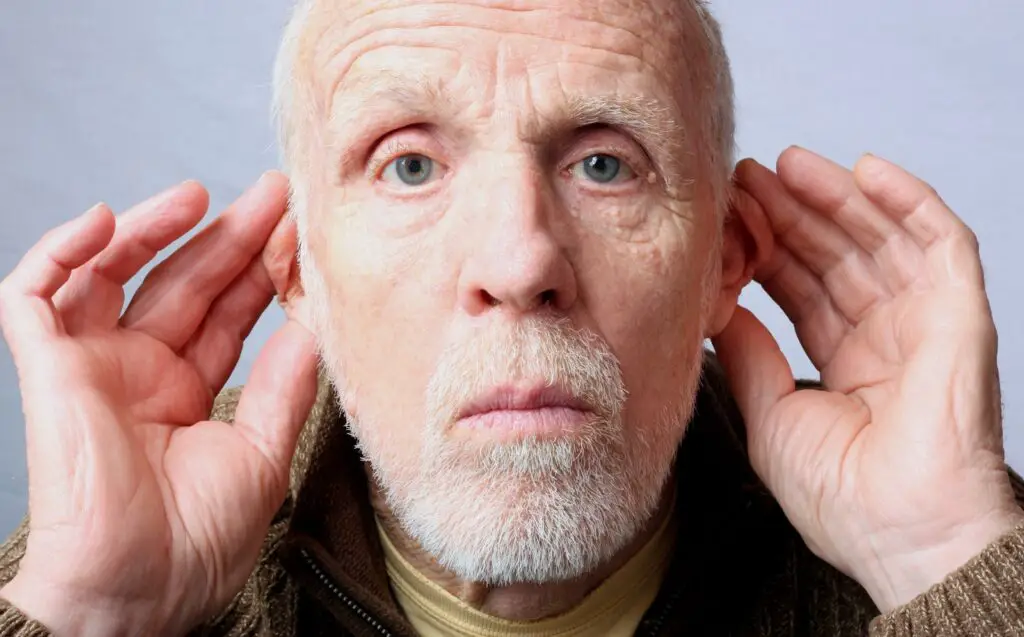
Despite the benefits of early intervention, many people hesitate to seek help for hearing loss.
Stigma around hearing aids, high costs, and limited accessibility are common obstacles.
Some individuals fear looking “old,” while others simply can’t afford treatment or lack insurance coverage.
These barriers not only delay care but can also accelerate cognitive decline by leaving hearing loss unaddressed for years.
13. Advances in Hearing Technology

Recent breakthroughs in hearing technology have led to smaller, smarter, and more discreet devices.
Modern hearing aids feature Bluetooth connectivity, advanced noise filtering, and rechargeable batteries, making them easier and more appealing to use.
Some devices are nearly invisible, removing much of the stigma associated with earlier models.
These innovations increase accessibility, encouraging more people to seek treatment and protect their cognitive health.
14. Cultural Attitudes Toward Hearing Loss
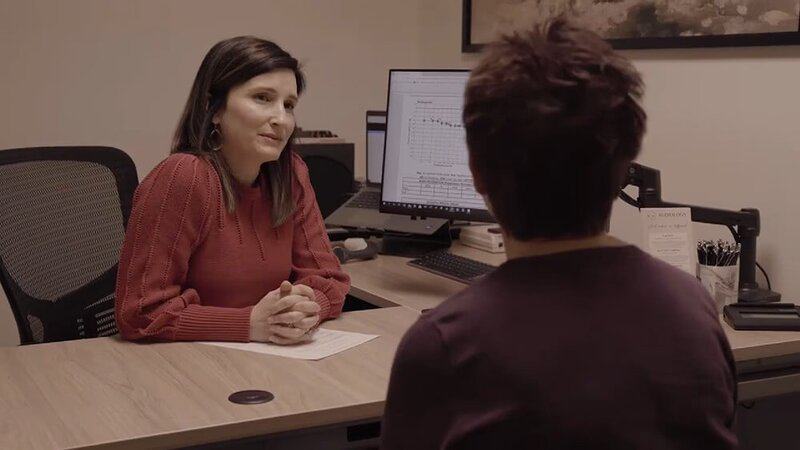
Cultural beliefs strongly shape how hearing loss is viewed and addressed.
In some communities, hearing impairment is accepted as a normal part of aging, while in others it may carry stigma or be ignored.
These attitudes influence how quickly people seek help, affecting timely diagnosis and intervention—and ultimately, the risk of associated conditions like dementia.
15. Cognitive Training and Rehabilitation

Cognitive training and rehabilitation programs are emerging as valuable tools for those with hearing loss.
These programs use memory exercises, auditory training, and problem-solving activities to strengthen mental flexibility and help people adapt to communication challenges.
Studies suggest that targeted cognitive training can enhance listening skills and preserve brain function, offering a proactive approach to protect against dementia while improving overall quality of life.
16. The Impact on Caregivers

The link between hearing loss and dementia adds new challenges for family members and caregivers.
Communication difficulties can lead to frustration, misunderstandings, and increased emotional strain.
Caregivers may need to learn new strategies for effective interaction and support, while also managing their own stress.
Recognizing and addressing hearing issues early can ease the caregiving journey and improve relationships within families facing cognitive decline.
17. Public Health Implications
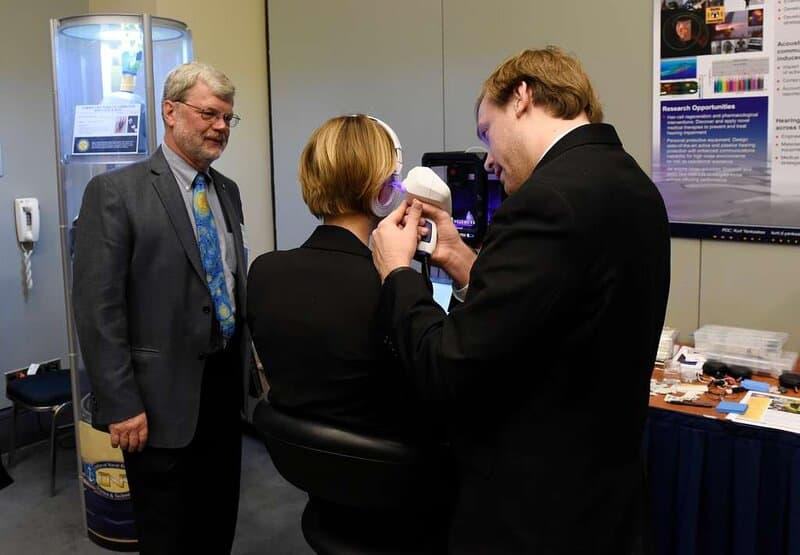
The emerging connection between hearing loss and dementia is reshaping public health priorities.
Experts now advocate for routine hearing screenings and broader access to hearing care as key strategies for dementia prevention.
These findings may influence policy makers to allocate more resources toward early detection, education, and affordable treatment options, ultimately aiming to reduce the societal and economic burden of cognitive decline in an aging population.
18. The Economic Cost

Untreated hearing loss and dementia place a substantial financial burden on healthcare systems worldwide.
Costs include frequent hospitalizations, long-term care, and lost productivity for both patients and caregivers.
According to recent estimates, billions of dollars are spent each year managing these interconnected conditions.
Investing in early hearing interventions could help lower overall expenses by reducing the progression and severity of cognitive decline.
19. Role of Primary Care Providers

Primary care providers play a crucial role in the early detection of hearing loss and its potential cognitive consequences.
By incorporating routine hearing screenings into standard checkups, doctors can identify problems before they escalate.
They also serve as trusted advisors, guiding patients toward appropriate interventions and resources.
Empowering primary care teams with up-to-date knowledge ensures that more people receive timely support to protect their hearing and brain health.
20. Preventive Strategies and Screening
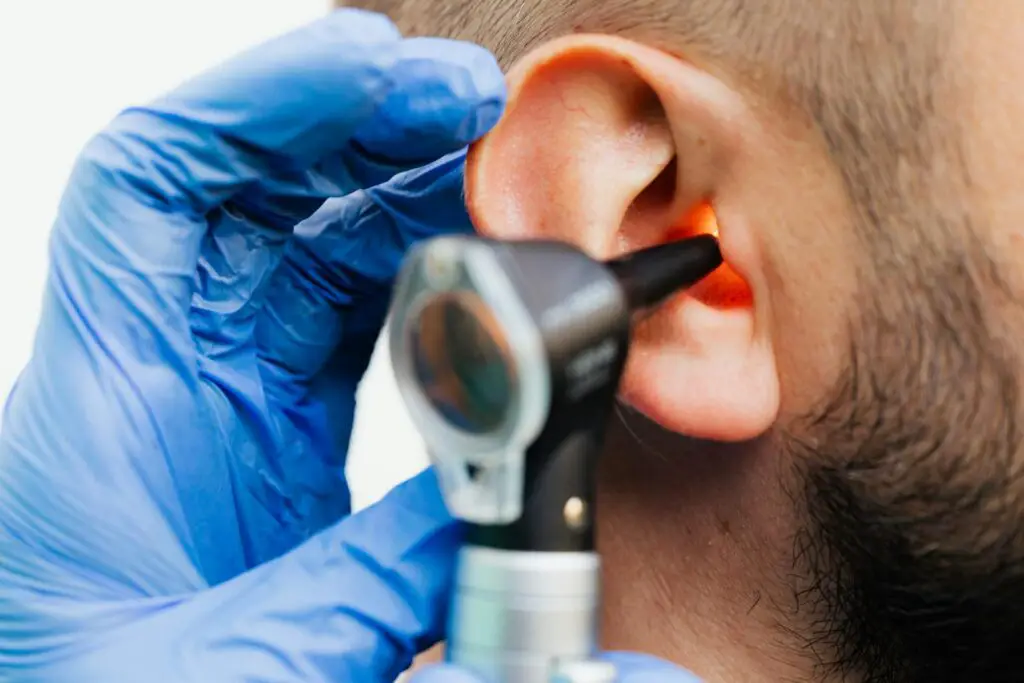
Prevention starts with regular screening for both hearing loss and cognitive decline, particularly as we age.
Adopting healthy lifestyle habits, protecting ears from loud noises, and seeking prompt help for hearing changes are key.
Community education programs and easy access to screenings support early detection.
Together, these preventive strategies can reduce the risk and severity of both hearing loss and dementia, promoting healthier, more independent lives.
21. What’s Next for Research?

Ongoing studies aim to unravel precisely how hearing loss triggers dementia and which interventions work best.
Researchers, including those supported by the NIH, are exploring new therapies, early biomarkers, and genetic factors.
Future discoveries promise to refine prevention and treatment, paving the way for more personalized approaches to protecting both hearing and cognitive health.
22. How to Take Action Today

Protecting your hearing and cognitive health starts with simple everyday choices.
Wear ear protection in noisy environments, schedule regular hearing and memory screenings, and seek help if you notice changes.
Stay mentally and socially active, eat a balanced diet, and exercise regularly.
For more guidance, visit resources like the Hearing Loss Association of America or the Alzheimer’s Association for support and information.
Conclusion

The discovery of the hearing loss-dementia connection marks a transformative moment in our understanding of aging and brain health.
By recognizing the early signs and embracing proactive care, individuals can make meaningful choices to protect themselves and their loved ones.
Emerging science and innovative interventions offer real hope—reminding us that it’s never too late to act.
With awareness, support, and timely treatment, we can help shape a healthier, more vibrant future for all.
Disclaimer

This article is for informational purposes only and not a substitute for professional medical advice. Please consult your healthcare provider for personalized guidance, diagnosis, or treatment regarding hearing loss or cognitive health concerns.

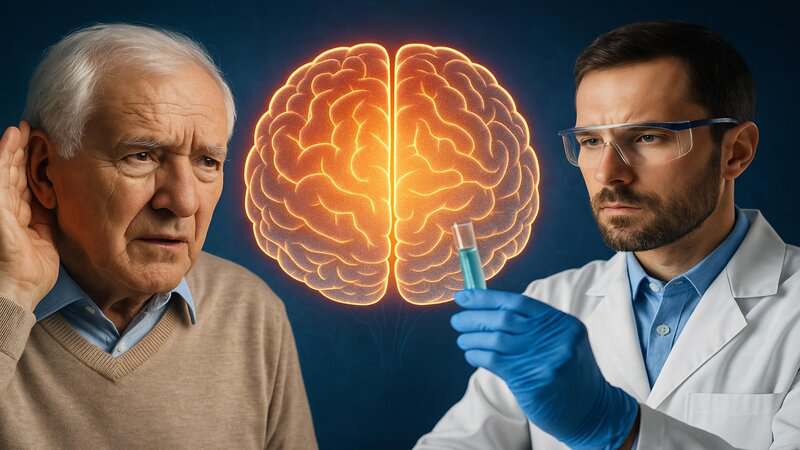

Vielleicht interessiert es Sie:
13 Extraordinary Giants Ready to Blow Your Mind! 🌍
10 Chonky Oddities That Will Leave You Speechless! 🤯
9 Unbelievable Absolute Units That Will Leave You Speechless! 🌟
10 Colossal Creatures That Will Leave You Speechless! 🐻
12 Shocking Absolute Units You’ll Have to See! 😲
12 Epic Absolute Units That Will Challenge Your Perceptions! 🔥
Uncover the 11 Ultimate Massive Oddities That Awe! 🌍
9 Unbelievable Oddities That Redefine ‚Massive‘! 🐉💎